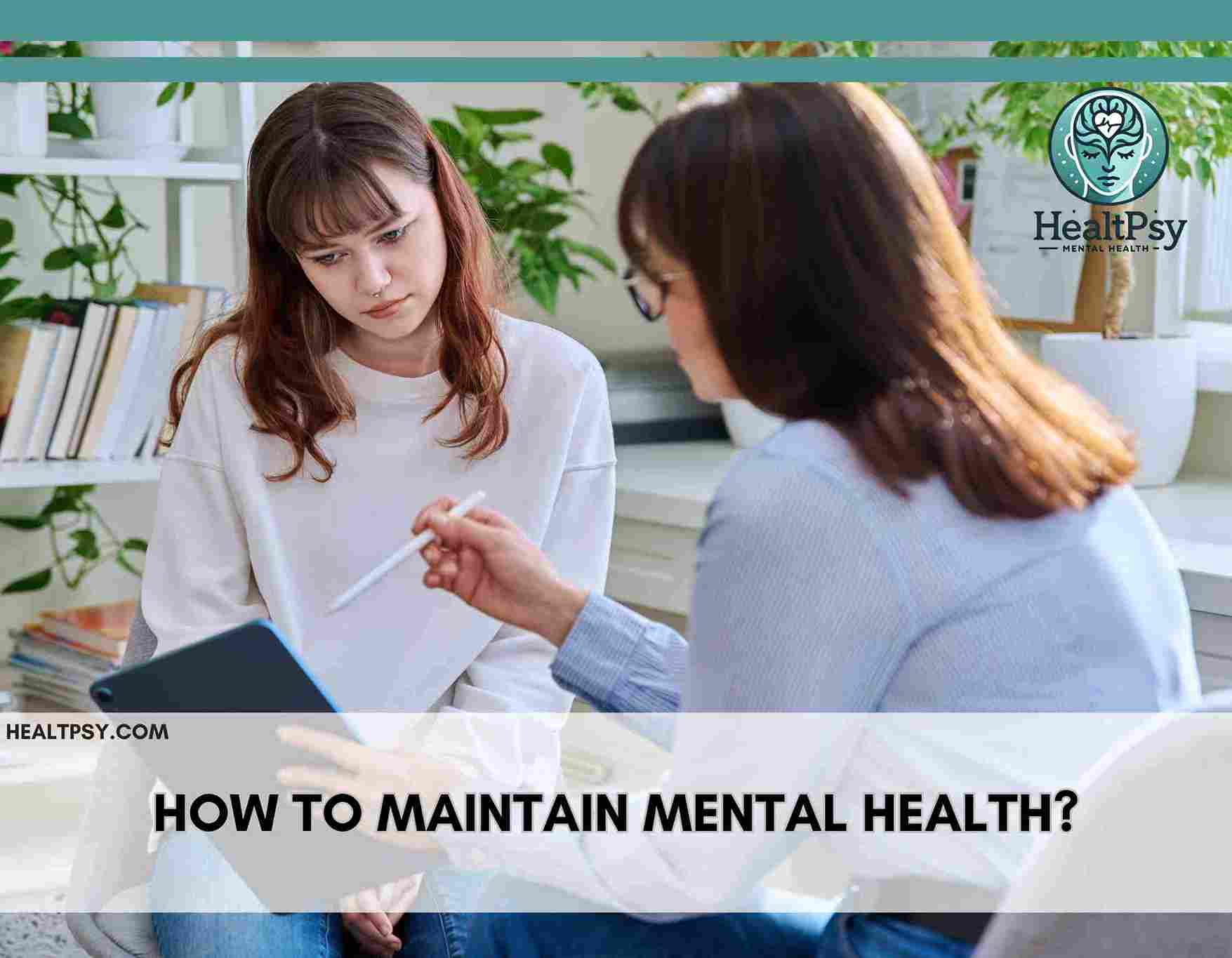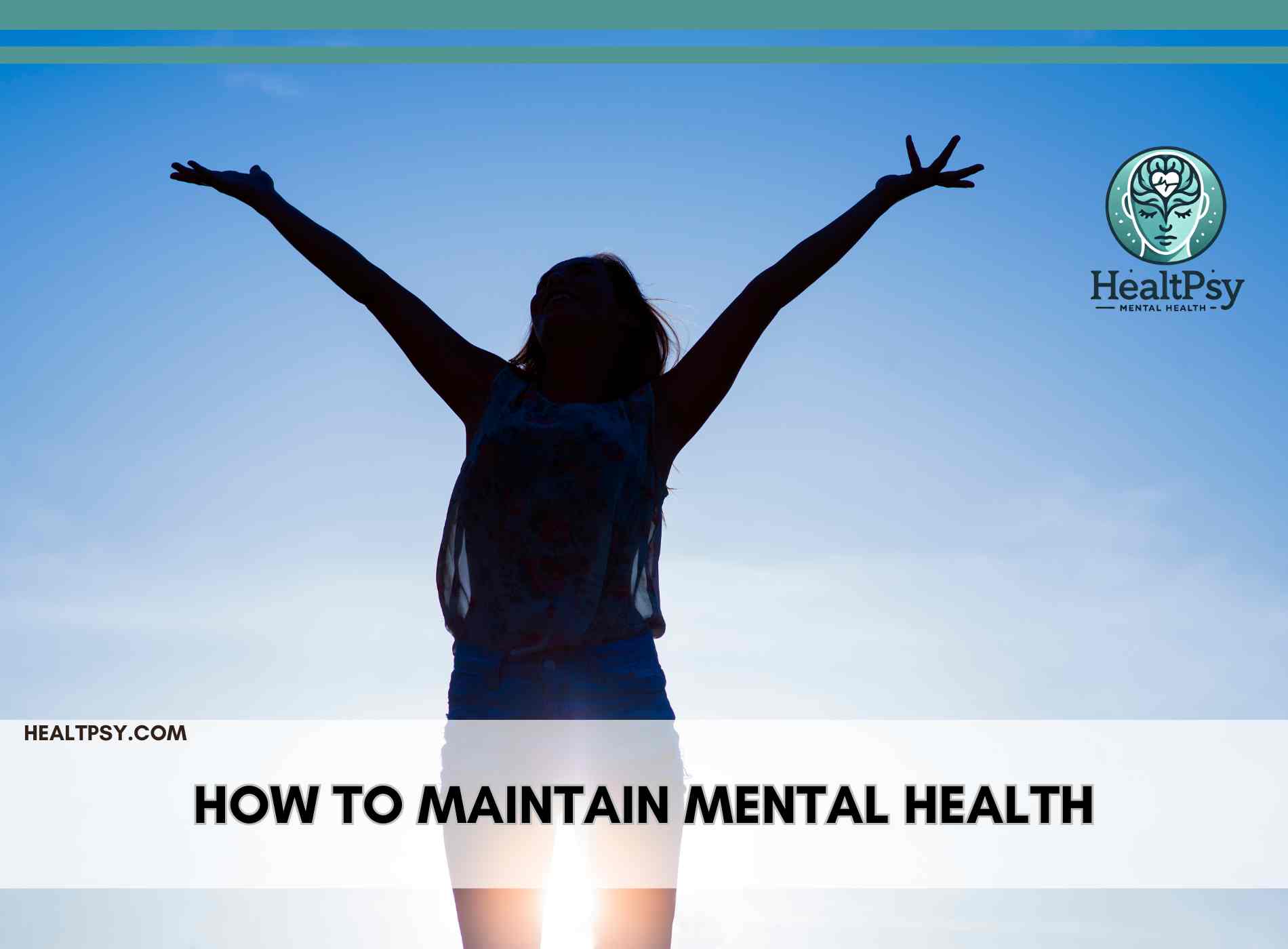7 Powerful Relaxation Techniques to Improve Mental Health and Reduce Stress
Introduction: The Importance of Relaxation Techniques for Mental Health
**Relaxation techniques** play a crucial role in maintaining **mental health, stress reduction, and emotional well-being**. With the increasing demands of modern life, people often struggle to find time to unwind, leading to chronic stress and anxiety. Studies indicate that implementing effective **relaxation techniques** can help lower cortisol levels, improve mood, and enhance overall well-being.
📌 This guide explores seven proven **relaxation techniques** to help you create a structured approach to managing stress and improving mental health.
🔗 Psychology Today – Understanding Stress and Relaxation
1. Identify the Best Time for Relaxation
Choosing the right **relaxation techniques** starts with understanding when your body and mind need rest the most. Some people benefit from morning mindfulness sessions, while others prefer evening unwinding routines.
🔹 **Tip:** Experiment with different relaxation schedules to determine what works best for you.
2. Practice Deep Breathing and Meditation
One of the most effective **relaxation techniques** is **deep breathing**. It helps activate the body’s natural relaxation response by slowing the heart rate and reducing stress levels.
🔗 Headspace – Guided Meditation and Mindfulness
3. Engage in Physical Activity
Exercise is a natural stress reliever that stimulates the production of **endorphins**, which improve mood and mental clarity. Incorporating **relaxation techniques** such as yoga, tai chi, or light jogging can have long-term mental health benefits.
4. Create a Relaxation-Friendly Environment
Your surroundings influence how effectively you can practice **relaxation techniques**. A clutter-free, peaceful environment promotes a sense of calm and well-being.
🔹 **Ways to Improve Your Relaxation Space:**
- Use **aromatherapy** (lavender, chamomile, or eucalyptus oils).
- Play **calming instrumental music** or nature sounds.
- Adjust lighting to create a soothing atmosphere.
5. Take Short, Intentional Breaks
Rather than waiting until burnout hits, schedule regular relaxation breaks throughout the day.
| Time of Day | Recommended Relaxation Activity |
|---|---|
| Mid-Morning | 5-minute deep breathing exercise |
| Afternoon | 10-minute walk outside |
| Evening | 30-minute meditation or journaling |
6. Prioritize Quality Sleep
Establishing a bedtime routine that includes **relaxation techniques** such as reading, gentle stretching, or a warm bath can significantly improve sleep quality.
7. Engage in Creative Activities
Creativity is an excellent stress reliever. Activities like **painting, journaling, or playing music** serve as effective **relaxation techniques** to calm the mind and express emotions.
Expanding Your Relaxation Routine for Long-Term Benefits
Choosing the right **relaxation techniques** is not just about reducing stress in the moment—it’s about creating **a long-term routine that supports mental well-being**.
1. Identify Your Stress Triggers
Understanding the sources of stress can help you tailor your **relaxation techniques** effectively. If work stress is overwhelming, consider short breathing exercises between tasks.
2. Develop a Consistent Routine
**Consistency is key** when it comes to **relaxation techniques**. Building a habit of self-care ensures sustained benefits for mental health.
3. Combine Multiple Relaxation Techniques
A well-balanced relaxation plan includes a mix of **mindfulness, movement, creativity, and rest** to optimize mental well-being.
🔗 More Resources on Stress Reduction and Mental Well-being
Conclusion: Make Relaxation a Daily Priority
Choosing the right relaxation times is essential for mental health, stress reduction, and overall well-being. By incorporating these strategies into your daily routine, you can create a balanced, healthier lifestyle.
Understanding when your body and mind need a break is just as important as the relaxation activities themselves. Regular, well-timed relaxation not only alleviates stress but also enhances focus, creativity, and emotional resilience. A strategic approach to relaxation can prevent burnout, reduce symptoms of anxiety and depression, and improve overall life satisfaction.
Moreover, relaxation is not just about doing nothing—it’s about engaging in activities that rejuvenate you. Whether it’s practicing deep breathing, taking short mindful walks, or engaging in hobbies like reading, painting, or gardening, making relaxation a priority can significantly boost mental clarity and physical well-being.
Additionally, incorporating structured relaxation into your daily schedule helps build a sustainable self-care routine. Creating consistent relaxation habits—such as unwinding with a book before bed or engaging in a short meditation break after work—trains the brain to manage stress effectively. By giving yourself permission to pause and recharge, you cultivate a mindset of self-care, which leads to a more fulfilled, productive, and mentally strong life.
📌 Key Takeaways:
- Understanding your **stress patterns** helps determine the best relaxation techniques.
- Short, frequent breaks enhance **mental clarity and prevent burnout**.
- Creating a **relaxation-friendly environment** improves stress relief.
- Consistency in practicing **relaxation techniques** leads to long-term mental health benefits.
🔗 Explore More on Mindfulness and Relaxation
you might also like




